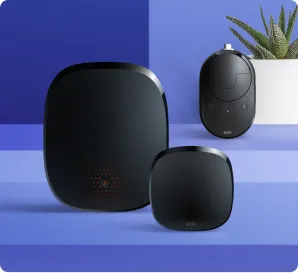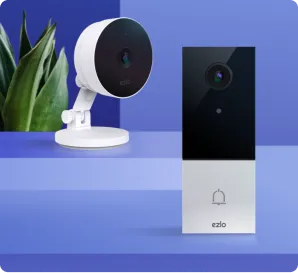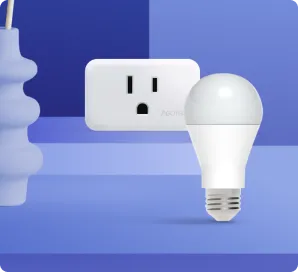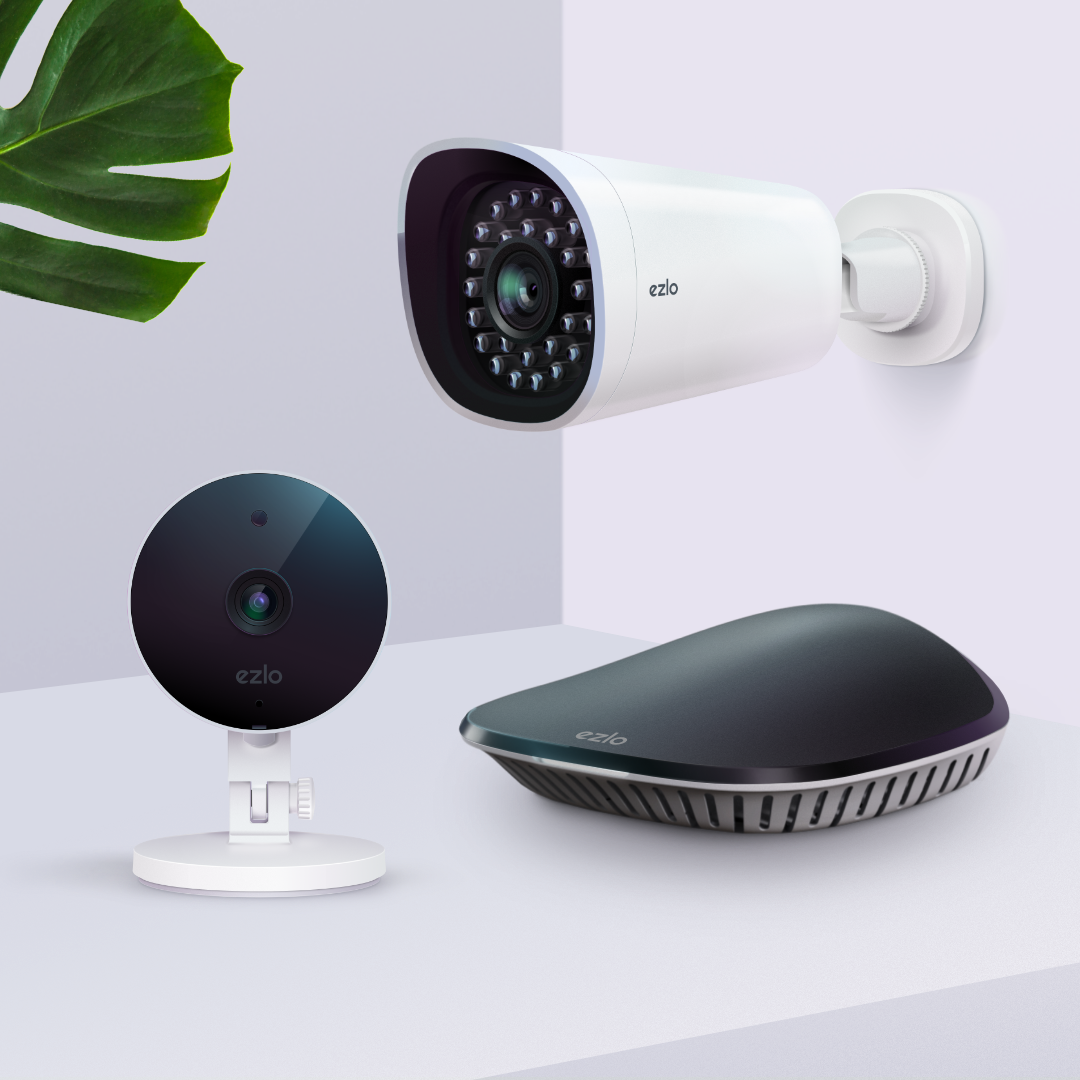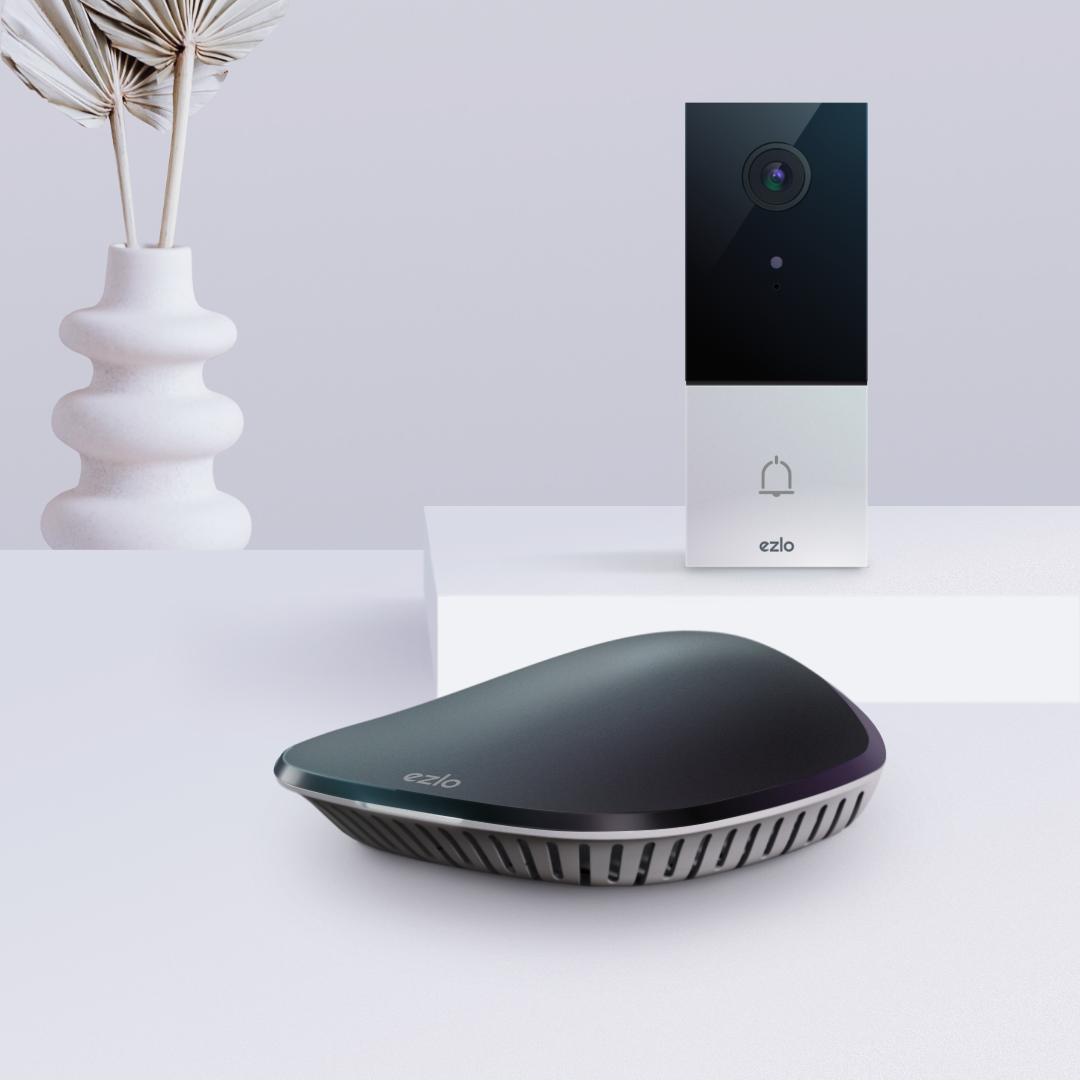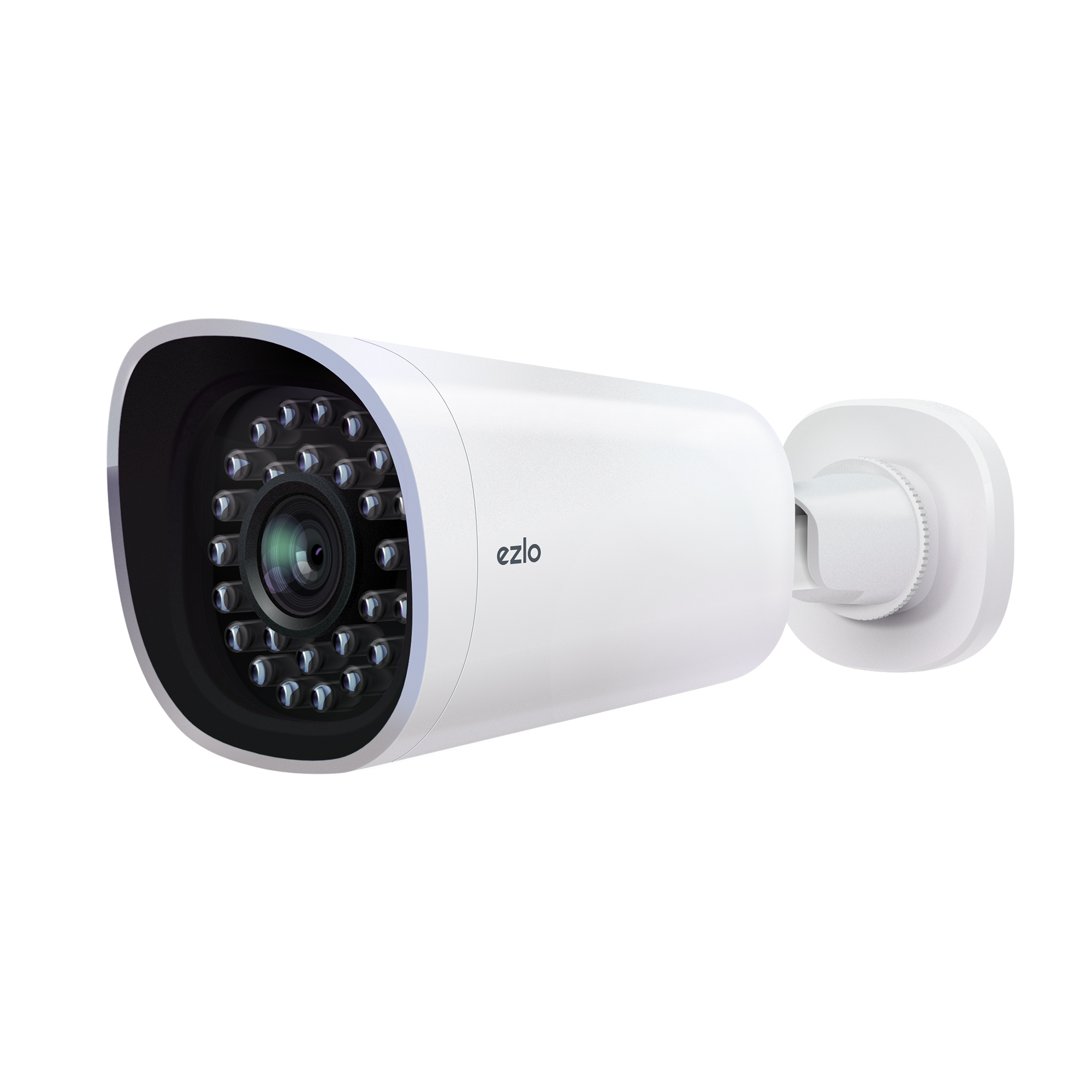Understanding Home Security Camera Systems
Home security camera systems are essential parts of any home security system. You can monitor your home and keep it safe with the right cameras. The good thing about having a security camera is that you can access your video feed anywhere. If you’re at work, you can use your phone to check in on the perimeter of your house to ensure everything is okay. If you are out of town on vacation, you can watch things at home and look back over past footage to see what happened while away. Security cameras also provide peace of mind when keeping an eye on kids and pets while they are home alone.
How Do Home Security Camera Systems Work?
Home security camera systems record video footage and images by turning the light into an electrical signal using a charge-coupled device (CCD), transmitting the video to a monitor. The monitor can be any visual display, such as a television, computer, tablet, or smartphone.
There are two types of security cameras:
- Cameras designed specifically for outdoor use will have special casings to make them water-resistant and weatherproof. They may also have night vision capabilities to record images in low-light environments without additional lighting equipment.
- Indoor cameras typically focus on getting the clearest pictures in well-lit environments with little noise or distortion of the image.
Factors to Consider in Your Choice of the Right Home Security Camera
If you’re looking to purchase security cameras for your home, here are a few essentials to consider:
Application
Home security camera systems are applicable for various reasons, and you need to define your intended purpose. You may be watching your children while they’re in the backyard, or maybe you want to monitor your elderly parents when they’re alone at home. Determining your needs before you start shopping will help make it easier to find the right camera.
The Size of Your House
Before purchasing a home security camera system, take time to measure the size of your house and the area you want to be covered. You’ll know the number of cameras you need and where they should go to ensure complete coverage.
Installation Plans
It’s paramount that you place cameras strategically around your property to ensure effectiveness at deterring crime and providing peace of mind when away from home. Your home security camera system should come with all the pieces you need to put it together in an easy way.
24/7 Remote Monitoring with Live Video
Many home security cameras come with 24/7 remote monitoring. A benefit of this feature is the ability to record and store videos. You can also view live videos in real-time when you are away from home or if you want to check on what’s going on in your house.
Recording Footage
How much footage your camera can record before it begins overwriting the oldest footage depends on the storage room you have in your camera. Most home security camera systems will overwrite the oldest video when storage fills up. But many pro models offer to record continuously 24/7 and only keep the latest few days or weeks of footage, deleting the rest to make room for new videos.
Compatibility with Other Devices
If you already have cameras for your back door and garage door, it would make sense to invest in home security camera systems that add onto those cameras rather than investing in an entirely new system from scratch.
Pricing
Home security systems come with various price points with features that vary widely from system to system. It’s important to balance your desire for advanced features with the system’s upfront costs and ongoing expenses. If you’re saving money, you might want to go with a wireless system that’s easy to install by yourself.
Conclusion
If you’re considering home security camera systems for your home, you’re probably running across lots of confusing terminology and options. If you’re trying to get a home security camera, it can be hard to know where to start. First, there’s the price. It’s vital to get something that’s within your budget. Second, you have different installation options—some cameras are easier to install than others. Different cameras provide different monitoring options too. Some allow you to monitor your home from your phone via an app, while others allow you to monitor through email or text alerts. Finally, some cameras are wireless, and some are wired, and it’s important to think of whether you want wired or wireless capabilities and what that means for installation ease and price.

